IMAGINE A WORLD TURN UPSIDE DOWN
Think of us in this way, as servants of Christ and stewards of God’s mysteries. Moreover, it is required of stewards that they should be found trustworthy. - 1 Cor 4: 1-2
Pastor Erika Uthe, Assistant to the Bishop of Southeast Iowa Synod has prepared stewardship resources for us. The prayer of the Office of the Bishop is that this resource might spark imagination in our faith community about what it means to be stewards of God’s mysteries – and to be found trustworthy in them. Reflecting on our gospel reading from Matthew 20:1-16 for this Sunday, Pastor Erika Uthe shares the following:
Do you remember how excited you were when you got to be the line leader? I remember the excitement in my classrooms each week when the teacher pulled our names for the weekly chores, especially being the line leader. Later as a camp counselor, I remember the excitement when kids got chosen to go first in line. There is something wired in our brains, I think, that just likes to be first.
For a long time, I always thought of this text as a great reordering, where the last (and the least) would be lifted above the first (and the powerful). A world turned upside down. This year, and especially in the context of stewardship, I am reading it completely differently.
“And about five o’clock [the landowner] went out and found others standing around; and he said to them, ‘Why are you standing here idle all day?’ They said to him, ‘Because no one has hired us.’ He said to them, ‘You also go into the vineyard.’” The landowner recognized that these workers had gifts to use – but no one had called them to put them to work. Even at the five o’clock hour, the landowner recognized that it was not too late. In this way, it wasn’t about the pay at all, but it was about the gifts and skills that went unused for too long. Sure, those workers who toiled all day were jealous that those who worked so little got the same pay, but in the end, it’s not about their jealousy – it’s about the fact that every single person has gifts and skills and is waiting for someone to call them, invite them, and welcome them to the work.
What if, in this text, we see ourselves as the landowner rather than the workers, and we become stewards of the invitation? Imagine a world where Christians went around affirming the gifts in others and inviting them to put them to good use! In a world where so much energy is used to tear down, demonize, and assume the worst, we have an opportunity to turn the world upside down. God trusts us to invite others to use their God-given gifts to help build up the kingdom. Perhaps with this understanding, our faith communities can be transformed into places of mutual building up and invitation for the sake of joining those already hard at work for the sake of the kingdom.
I would imagine if any of us have been in the church world for any length of time we’ve encountered those who, upon being invited, will decline, saying that they don’t feel equipped to complete the task they are being asked to do, or that they don’t have time, or some other reason. Lately, I’ve heard that this happens for the most mundane of jobs that are part of a faith community: ushers, greeters, communion assistants, altar care, Sunday School or confirmation teachers – it seems that the workers are tired. But here’s where we might imagine a world turned upside down – maybe we’re inviting people to the wrong kind of work. Please hear me loud and clear – I know it takes people to do worship. And making sure worship happens is a really important part of what it means to be Christian community.
Perhaps though, we’ve been hindering the use of the gifts of the baptized by limited imagination of the work it takes to be church. Could it be that we’ve been looking only to fill slots, rather than to match people with their vocation? Those places where their passion meets the needs of the world, as Fredrick Buechner said? Imagine the kind of communities we might build together if we invited people to use their innate gifts, not just seeing them as warm bodies to fill vacancies on council or committees, but as gifted people of God whose unique gifts might be used to turn the world upside down! We are stewards of the invitation – inviting others and listening to the invitation ourselves – for the sake of kingdom work.
· What does it mean that you are a steward of the invitation?
· Have you ever thought of yourself as the landowner in this text?
· What do you think are the gifts that God has given you?
· Think about a time someone noticed your gifts and invited you to use them, or even thanked you for using them.
· What did it feel like to be asked to do something you felt you were good at, and that made a difference in the world?
· Have you ever been courageous enough to notice someone else’s gifts and tell them? How did they respond?
· Have you ever invited someone else to do something because you thought they would be good at it? How did they respond?
· How might your faith community be different if you (collectively) spent more time affirming each other’s gifts and inviting each other to use them in the world? How might that change how you think about what ‘ministry’ is?
Pastor Erika Uthe
Assistant to the Bishop of the Southeast Iowa Synod


